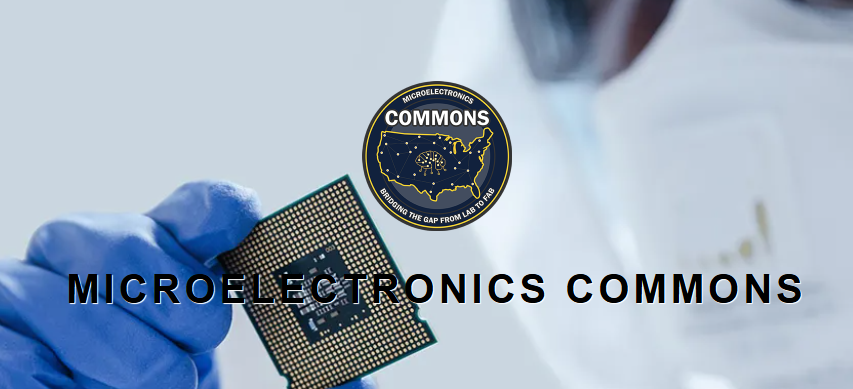Stay in the loop with Alphacore to learn more about:
Alphacore was awarded over $5.7 million for the initial phase of the SMART development project through Microelectronics Commons program run by the U.S. Department of Defense. This is one of the first awards by the CHIPS Act-enabled ME Commons to advance 5G/6G technology inside the U.S. The funding is through the Southwest Advanced Prototyping (SWAP) Hub at Arizona State University (ASU).
The project team comprises Alphacore, ASU, Rice University, Lockheed Martin, and Auburn University. This innovative project will advance radio frequency transceiver technology not only for national defense but for many new and emerging commercial markets and capabilities.
Integrating communications and sensing into a single system-on-a-chip increases resource efficiency, optimizes spectrum utilization, reduces latency, and enhances reliability while simultaneously reducing the size and cost of transceivers. The project's goal is to create a transceiver integrated on a single microelectronics chip capable of both communication and sensing functions, with novel capabilities for devices utilizing 5G and 6G mobile networks and beyond.
The monolithic IC transceiver will also be one of the first devices to incorporate multi-channel and multiband technology in one system, allowing it to send and receive communications on multiple frequencies and bandwidths simultaneously. The proposed device’s reconfigurable, flexible and scalable architecture will enable it to cover a very wide frequency range of seven to 52 GHz.
The system will also be among the first capable for use in either radar or wireless communications technologies, leading to the development of new, more advanced standards.
Established by the U.S. Department of Defense in 2023, the Microelectronic Commons will receive a total of $2 billion by 2027. This initiative aims to bridge the gap between microelectronics technical development, laboratory prototyping, and fabrication.
Arizona State University’s (ASU’s) SWAP Hub leads five projects that have been awarded nearly $30 million in federal funding to advance national security. The SWAP Hub is one of only eight such centers in the United States. White House and U.S. Department of Defense officials joined industry and ASU partners on September 17, 2024, to announce this funding.
Alphacore’s SMART program aims to strengthen the nation's chip-making capabilities and reduce dependency on foreign sources of microelectronics. They are among 33 projects nationwide awarded a total of $269 million under the bipartisan CHIPS and Science Act-funded Microelectronics Commons initiative, as announced by the U.S. Department of Defense.
Alphacore is an active participant in ASU’s SWAP Hub, a part of the Microelectronics Commons, a nationwide network of eight regional technology hubs. It connects the Southwest—the fastest-growing and largest semiconductor cluster in the U.S., with more than $100 billion in private investment—to a growing network of defense and electronics partners across the country.

Radio frequency interference (RFI) is a growing issue in numerous applications such as ground and spaced-based system, in both passive and active microwave remote sensing applications. Key sources of RFI include: television, FM radio transmissions, and communication signals for GPS, cellphones, and aircraft.
Alphacore's low power RFI Mitigating ASIC effectively detects and mitigates the effects of RFI. It is a radiation-hardened, low power, low mass, low data rate RFI mitigation solution, with maximum power dissipation well under half a watt.
It is available as a portable Intellectual Property (IP), integrated with our novel digital signal processor (DSP). The standalone IP can be combined with our GHz data converter IP, and offered as a full RF transceiver solution.


Alphacore develops state-of-art Monolithic Microwave Integrated Circuits (MMICs) for aerospace, defense, and communications applications. We engage with established foundries, and our design approach allows us to offer clients highly cost-effective MMICs with performance specifications exceeding currently available solutions.
We have designs that address the growing demand for high-power amplifiers to support satellite-to-ground communication. By exploiting the advantages of gallium nitride (GaN) technology, such as power density and high operating frequencies with low parasitic capacitance, we have designed:
Our Solid State Power Amplifier (SSPA) designs are ideal for military communication, airborne and aircraft applications, jamming systems, electronic countermeasures technologies, UAVs, SATCOM and other national security measures, as well as space-based remote sensing platforms, including nanosatellites. Alphacore’s innovative PA design can easily be repurposed for automotive radar as well (77 GHz).

